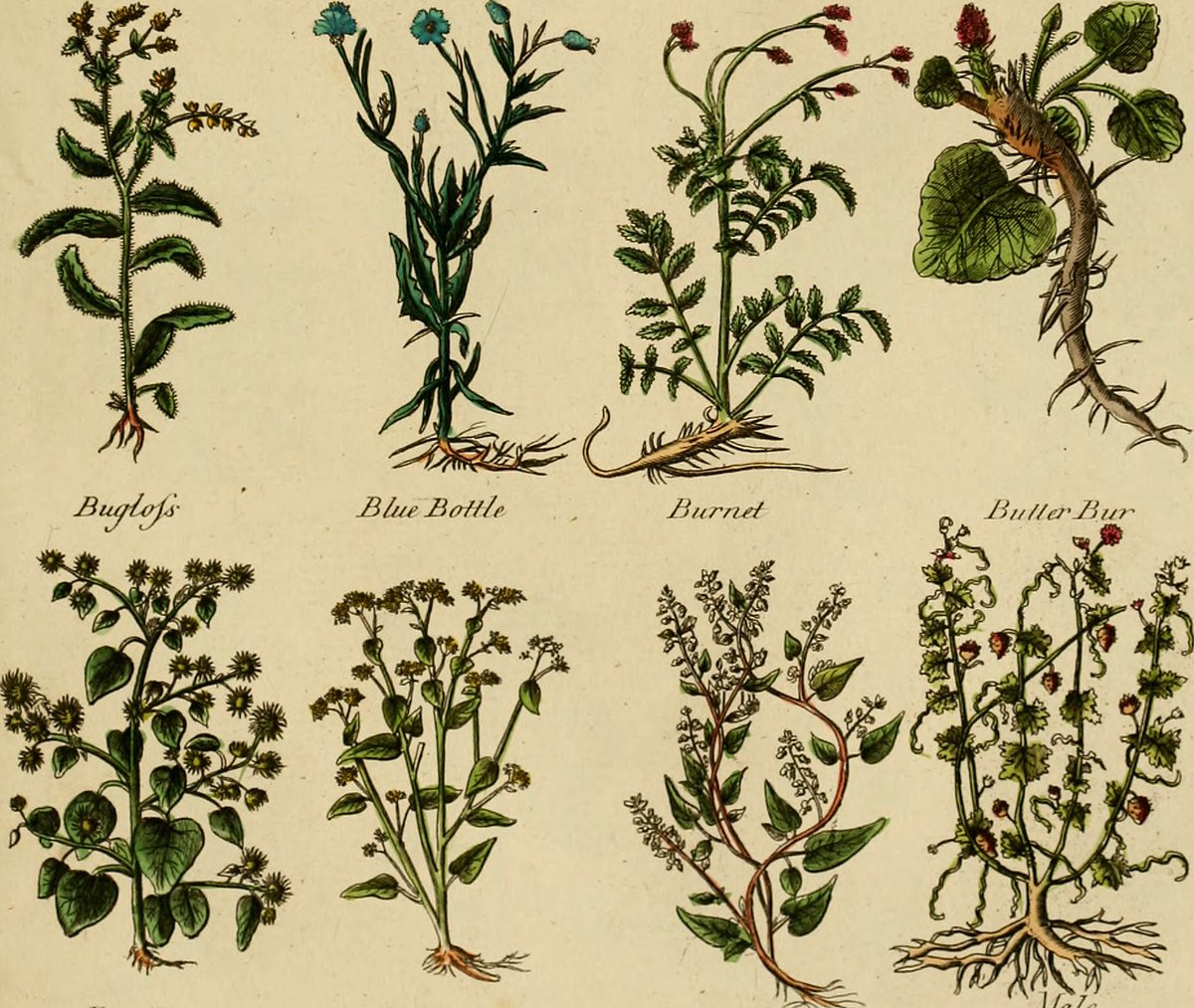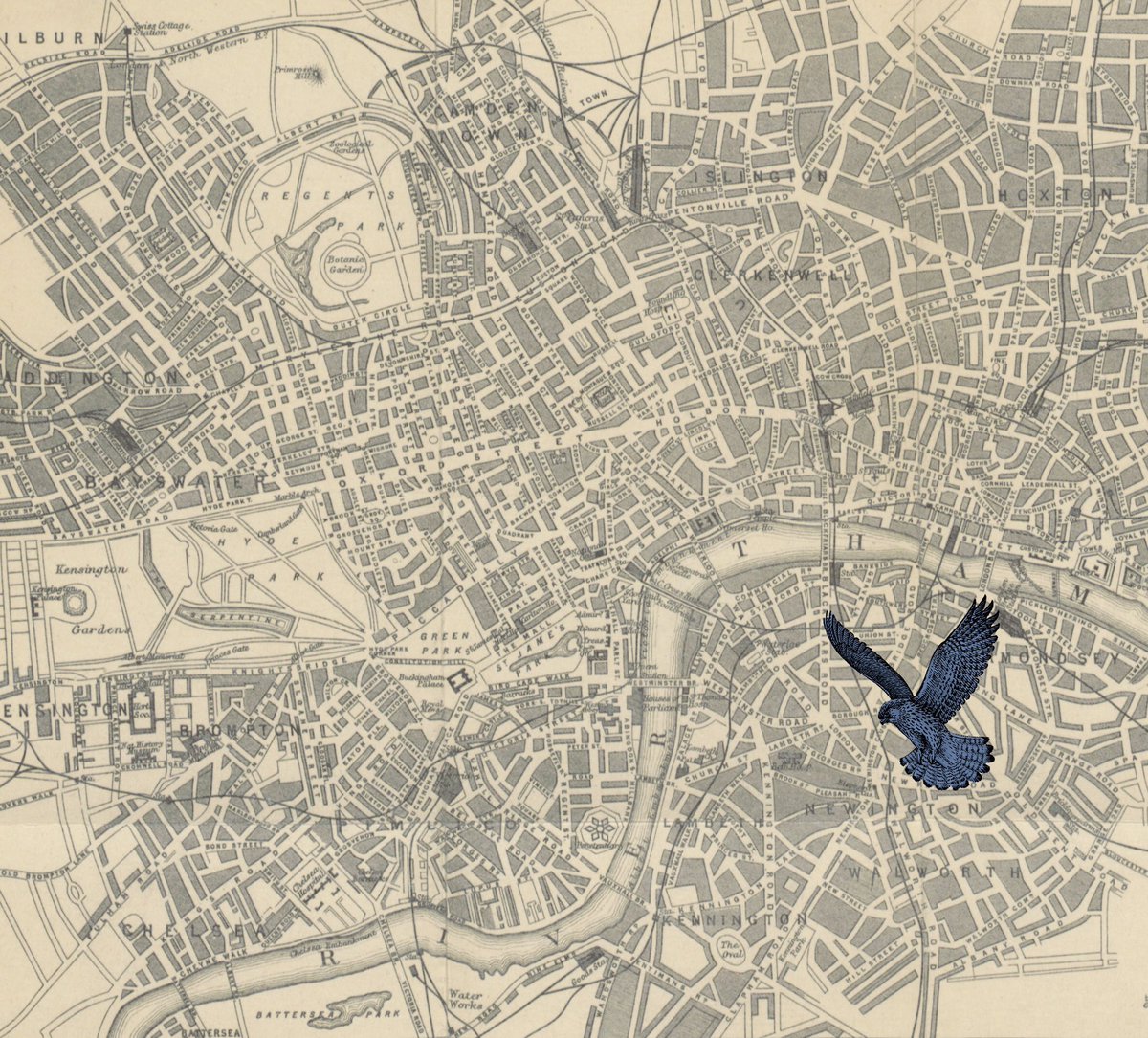
Obscure words, etymological tales, language trivia | Books available here: https://t.co/5k8NBYQJW6 | Tweets by @PaulAnthJones | Artwork by @bread_and_ink
How to get URL link on X (Twitter) App


 🧵 1. The balls of snow that collect in animals’ fur or on people’s clothing are called GOMBLES.
🧵 1. The balls of snow that collect in animals’ fur or on people’s clothing are called GOMBLES. 

 1. In languages with gendered vocabularies, a HETEROGENE is a word whose meaning shifts depending on whether it’s masculine or feminine. So in French, ‘platine’ can mean either platinum (m) or a DJ’s turntable (f), while ‘mari’ can mean either a husband (m) or marijuana (f).
1. In languages with gendered vocabularies, a HETEROGENE is a word whose meaning shifts depending on whether it’s masculine or feminine. So in French, ‘platine’ can mean either platinum (m) or a DJ’s turntable (f), while ‘mari’ can mean either a husband (m) or marijuana (f). 

https://twitter.com/HaggardHawks/status/15628472951123845131. Our zigzagging letter N looks the way it does because it comes via the Phoenician letter nun and the Greek letter nu from an Egyptian hieroglyph of a snake.


 In English, the indefinite article was originally always AN—so it’s not the case that ‘a’ gains an N in front of a vowel, rather ‘an’ loses its N in front of a consonant.
In English, the indefinite article was originally always AN—so it’s not the case that ‘a’ gains an N in front of a vowel, rather ‘an’ loses its N in front of a consonant.

 AMETHYST stones take their name from the Greek for ‘not drunk’. Ancient Greek folklore claimed drinking alcohol from a vessel made from or containing an amethyst stone would prevent the drinker getting intoxicated.
AMETHYST stones take their name from the Greek for ‘not drunk’. Ancient Greek folklore claimed drinking alcohol from a vessel made from or containing an amethyst stone would prevent the drinker getting intoxicated. 

https://twitter.com/HaggardHawks/status/1280122963996573698The tradition of decorating the ace of spades started in the 1600s, when a tax on playing cards was introduced by James II. By law, printers in England were now obliged to stamp their name or insignia on every pack of cards they produced.


 Trace it back far enough and you’ll find that GANACHE derives from ‘gnathos’, the Greek word for a jaw. That’s the same root found in words like AGNATHAN (a jawless fish) and COMPSOGNATHUS (the tiny chicken-sized dinosaurs that see off Peter Stormare in The Lost World).
Trace it back far enough and you’ll find that GANACHE derives from ‘gnathos’, the Greek word for a jaw. That’s the same root found in words like AGNATHAN (a jawless fish) and COMPSOGNATHUS (the tiny chicken-sized dinosaurs that see off Peter Stormare in The Lost World). 

 Derived from a Greek word meaning ‘to recover’, or ‘to double back’, ANACAMPSEROTE is the name of a fabled plant once supposed by herbalists to be able to restore a lost romance.
Derived from a Greek word meaning ‘to recover’, or ‘to double back’, ANACAMPSEROTE is the name of a fabled plant once supposed by herbalists to be able to restore a lost romance. 

 The story concerns a hard-of-hearing old ferryman, who has borrowed so much money from friends that he and his poor family have ended up in trouble with the local bailiff. And sure enough, one morning the ferryman sees the bailiff walking down the long road to his home. 2/10
The story concerns a hard-of-hearing old ferryman, who has borrowed so much money from friends that he and his poor family have ended up in trouble with the local bailiff. And sure enough, one morning the ferryman sees the bailiff walking down the long road to his home. 2/10

 One question that pops up here more than any other is whether the words HH posts are real. Yes, they really are.
One question that pops up here more than any other is whether the words HH posts are real. Yes, they really are.
 Sometime around 1805, a few months into his second term as president, Jefferson was out riding near his home in Virginia when he happened to bump into another man on horseback, who accompanied him the rest the way. 2/9
Sometime around 1805, a few months into his second term as president, Jefferson was out riding near his home in Virginia when he happened to bump into another man on horseback, who accompanied him the rest the way. 2/9

 We set off from London—where, in 19th century slang, a KENT STREET EJECTMENT was the act of removing the front door of a house. Named after Kent Street in Southwark, this was a ploy used by local landlords to evict tenants who had fallen more than two weeks behind in their rent.
We set off from London—where, in 19th century slang, a KENT STREET EJECTMENT was the act of removing the front door of a house. Named after Kent Street in Southwark, this was a ploy used by local landlords to evict tenants who had fallen more than two weeks behind in their rent. 